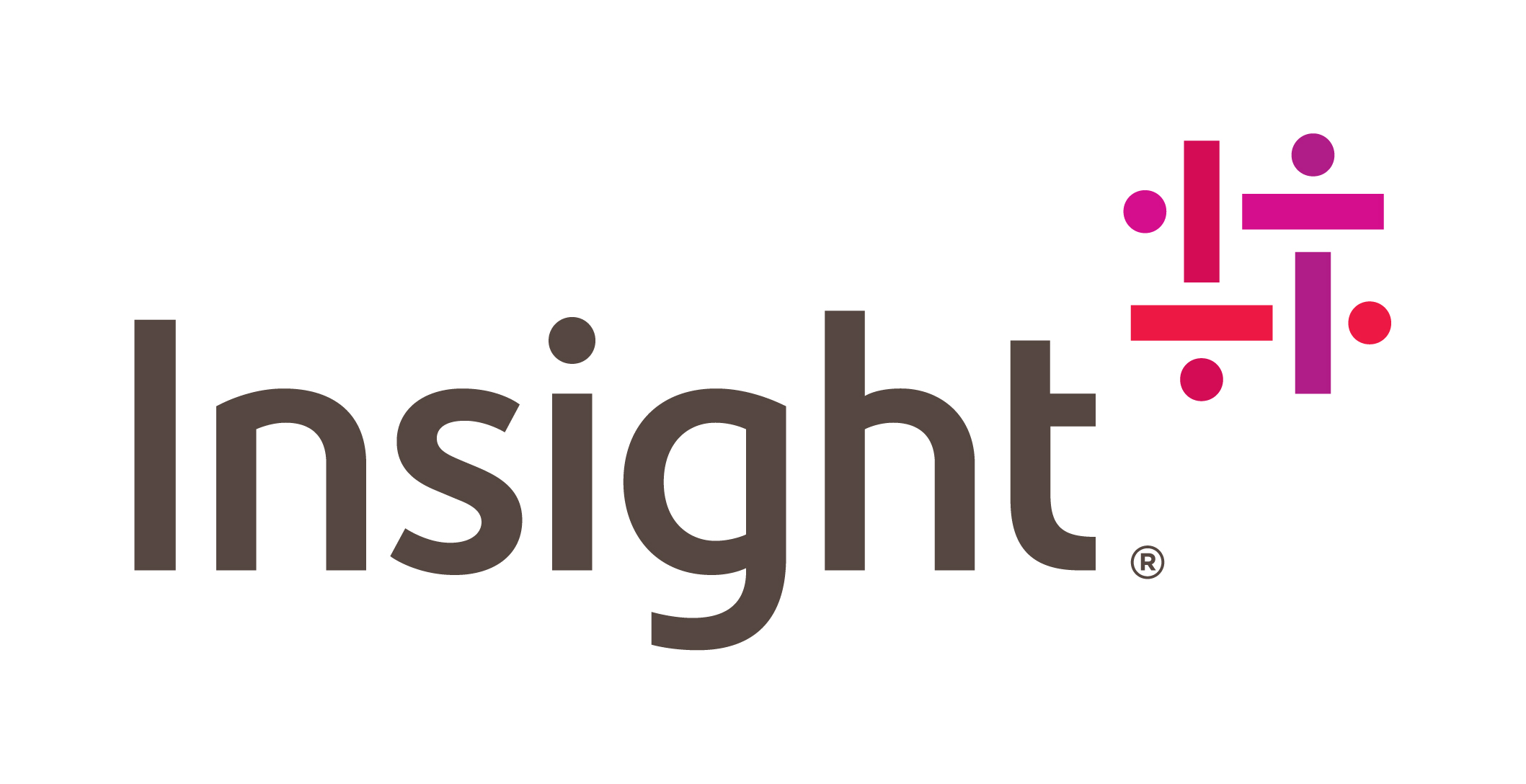Spotted recently on Twitter: a poll asking readers who led their organization’s digital transformation, the CEO, the CFO, the CIO, or COVID-19?
As some businesses wait for things to get back to “normal,” others recognize that the post-pandemic marketplace is what’s normal now, and the companies that adapt are the ones that will survive.
Perhaps nowhere is this more evident than in the retail sector. While consumers have been gravitating towards online shopping for years, brick-and-mortar stores remained the foundation of retail — until COVID-19. Practically overnight, ecommerce became the new foundation of retail. Over 75% of consumers altered their shopping behaviors during the pandemic, and most of them are likely to hold onto these behaviors long-term; 70% of consumers report not wanting to return to out-of-home activities, such as visiting malls, even as their states officially “reopen.”
Retailers have had to alter their behavior as well. They’re accelerating their digital transformations so that they can make data-driven decisions and have the agility to react to rapidly changing conditions, without having to take on additional administrative overhead. Migrating from legacy on-prem databases to modern cloud-based alternatives is key to a successful digital transformation. Prior to the pandemic, Gartner predicted that 75% of all databases would be deployed or migrated to a cloud platform by 2022.
Modern cloud databases give retailers the flexibility and scalability they need, with faster infrastructure configuration and access to a wider variety of database management systems than traditional on-prem solutions, as well as the ability to use modern technologies such as AI, machine learning, and smart analytics. With consumption-based pricing, organizations pay only for what they use, and they can seamlessly scale up and down to meet fluctuations in demand during expected peak and slow times, such as holidays, flash sales and off-seasons, as well as sudden traffic surges or drop-offs from unexpected events such as COVID-19, severe weather, and other natural disasters. Apps backed up by modern databases are more secure, reliable, scalable, and easier to manage.
Google Cloud Platform Helps Retailers Grow Their Business, Not Their Overhead
Seven out of 10 of the leading retail and consumer packaged goods (CPG) companies have modernized their businesses on Google Cloud Platform (GCP). GCP’s fully managed data solutions enable retailers to migrate their enterprise data reliably, securely, and with minimal disruption to their normal operations, then innovate at global scale without having to worry about getting bogged down in infrastructure maintenance. Here are just a few of the benefits of digitally transforming your data with GCP:
1. Dramatically Reduce Overhead Costs
BigQuery, Google’s fully managed, serverless data warehouse, enables retailers to upgrade to an extraordinarily fast, scalable, flexible, and resilient big data infrastructure without having to overcome cost and complexity challenges. BigQuery requires no upfront hardware provisioning or management, and it automatically scales to maximize query performance, adding and removing compute and storage resources as required.
Because administrators no longer need to provision for performance, security, elasticity, and reliability, retailers can minimize or even eliminate operational overhead. Data engineers, database administrators, and analysts can concentrate on gleaning actionable insights without concern for underlying infrastructure. Further, GCP’s pay-as-you go cost model means that the computing resources needed to run a query are active only while a query is running; organizations pay only for their actual usage, saving even more money.
2. Get Insights Faster
Saving money is great, but what about performance? BigQuery’s model of distributed computing within a serverless architecture means that complex queries are processed using multiple servers in parallel, significantly increasing processing speed. With multiple data centers, each with hundreds of thousands of cores, dozens of petabytes in storage capacity, and terabytes in networking bandwidth at its disposal, BigQuery can analyze petabyte-sized datasets at lightning-fast speeds.
3. Modernize Your Workloads While Using Familiar Tools
GCP’s portfolio of managed database services enables retailers to modernize and exert more control over their data while allowing database administrators to continue to use their existing skills. Organizations can lift-and-shift to GCP using open-source-compatible databases such as Cloud SQL for MySQL, Cloud SQL for PostgreSQL, Cloud Memorystore for Redis, and Cloud Bigtable, or choose from one of Google’s open source partner databases, including MongoDB, Datastax, Elastic, Neo4j, Influx Data, and Redis Enterprise. A consistent developer and user experience throughout the GCP platform further flattens the learning curve and enhances productivity.
4. Switch to Open Source Without Having to Give Up Enterprise-Grade Support
Open source databases allow for a greater degree of customization without high licensing fees and vendor lock-in, but many retailers are concerned about database complexity and lack of enterprise-grade support. GCP partners with leading open source database vendors, such as MongoDB, Elastic, DataStax, Redis Enterprise, Neo4j, Confluent, and InfluxData, so that retailers can build applications and deploy secure databases at scale without having to manage the underlying infrastructure. GCP customers can provision and manage partner open source database services straight from their GCP console, with Google Cloud providing first-line support.
Google Cloud’s open source partnerships also mean that GCP customers are always running the latest versions of open source software. This is in contrast to other cloud vendors, which may deploy older versions of open source code.
5. Seamless Integration With Google Analytics 360 & Other GCP Solutions
By combining BigQuery with Google Analytics 360, retailers can expand their marketing insights through granular and complex querying of unsampled information. Delve into your customers’ browsing behavior by capturing clickstream and web metrics data with Analytics 360, then analyze it within BigQuery to fine-tune user recommendations and adjust SEO. Achieve even greater insights by combining Analytics 360 data with other first-party data. For example, combine Analytics 360 data with point-of-sale data housed in BigQuery to understand cart conversion rates and determine how coupon codes impact your sales funnel.
That’s only the beginning. All GCP solutions and resources integrate and work together seamlessly. Use Looker’s retail-centric analytics tools to make data-driven decisions. Integrate retail systems and channels and provide a more uniform shopping experience with Apigee, Google’s API Management Platform. Easily build ML models to predict customer demand, improve inventory accuracy, and avoid both excess inventory and stockouts. The possibilities are nearly infinite.
6. Tools to Simplify Migration & Minimize Downtime
Many organizations hesitate to migrate to the cloud because cloud migration, and data migration in particular, requires a lot of effort and expertise, and perhaps significant downtime.
GCP offers a variety of tools that greatly simplify database migration, including Alooma, an ETL solution that automates the tedious task of transforming and normalizing data. Using Alooma, organizations can transform their on-prem data and move it straight to their target database on GCP, with automatic error detection and automated removal of personally identifying information (PII). Meanwhile, built-in features like an external master for Cloud SQL help minimize downtime during migration.
SADA’s Database Migration Flat-Rate Packaged Offer makes the process even easier by enabling you to skip the guesswork. With no hidden costs and a predictable budget and timeline, this offer includes discovery, planning, implementation, tooling, testing and training. SADA will create a detailed runbook and execution plan, and provide hands-on support for data, schema, query, and access migration. We also include security, HA, performance, and compatibility testing for a customer’s database applications. In addition, SADA will provide GCP account setup/configuration, hands-on lab/training and named/dedicated support for a white-glove migration experience.
Upcoming #SADASays Next OnAir Post-Session Recaps: Week 6
To learn more about SADA’s Google Cloud Platform solutions as well as migrating and managing enterprise data with security, reliability, high availability, and fully managed data services, be sure to check out SADA’s Next OnAir post-session recaps on Thursdays. Here’s what’s coming up on August 20th:

#SADASays With Kyle Moschetto and Chris Svee – Post-Keynote Commentary
Join SADA’s Kyle Moschetto, Managing Director, Solution Architecture, and Chris Svee, Senior Cloud Solutions Architect, as he discusses the Week 6 Next OnAir Keynote: What’s New with Database Management.

#SADASays With Kyle Moschetto, Chris Svee, and Ankit Mukhija – Post-Session Commentary
Listen in as SADA’s Kyle Moschetto, Managing Director, Solution Architecture, Chris Svee, Senior Cloud Solutions Architect, Ankit Mukhija, Data Engineer, discuss Bare Metal Solution: Bring All Your Enterprise Workloads to GCP from Week 6 of Next OnAir.

#SADASays With Narine Galstian & Orkideh Shahidi – Post-Session Commentary
Listen in as SADA’s Narine Galstian, CMO and Orkideh Shahidi, VP, People Operations, discuss Empowering Inclusion with Employee Resource Groups (ERGs) from Week 6 of Next OnAir.



